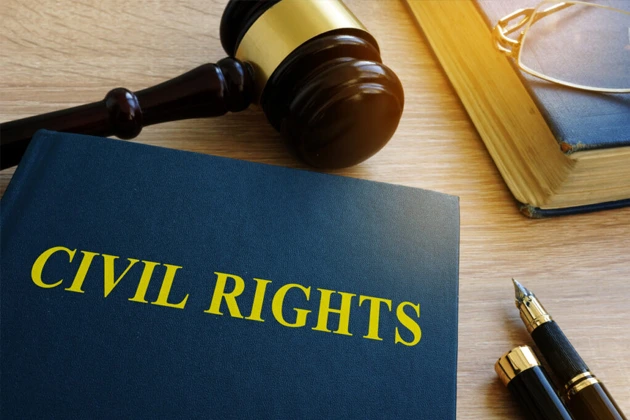Fundamental rights comprise our rights on the things that are fundamental to human life. The United States Constitution gives its citizens the privilege to enjoy liberties in various aspects. Civil liberties of the Constitution encompass some inviolable rights that offer legal and constitutional protections to citizens from powerful institutions. Now, the question is – “Civil liberties are related to which kind of fundamental rights?” This article intends to shed light on the answer to this question.
Civil Liberties of the United States
The unalienable rights bestowed upon American citizens are civil liberties as pronounced by the Supreme and Lower Federal Courts of the States. Civil liberties are related to some fundamental rights, namely natural rights. Fundamental rights protecting individuals from powerful entities, both constitutionally and legally, are known as civil liberties.
Natural rights generally function as restraints for the government to treat citizens respectfully. For example, the First Amendment of the Constitution prohibits the government from contravening liberties like freedom of speech, the right to bear arms, and the right to privacy.
Fundamental Rights Protecting Civil Liberties
Civil liberties are related to natural rights as explicated by the Fundamental Rights of the USA. Here is an insight into all the fundamental rights that are related to civil liberties-
Right to Speech
The First Amendment of the US Constitution talks about the Right to Speech as one of the most crucial fundamental rights of US citizens. Freedom of speech refers to the free expression of opinions and ideas without any fear. According to this right, the US Constitution must protect freedom of speech, religion, and press as a prohibition for the government body to protect the civil liberties of citizens. It further clarifies that Congress shall make no law against the establishment of religion or abridge the freedom of speech or of the press.
Freedom of speech includes the usage of certain offensive words and phrases to convey political messages, to contribute money to political campaigns, to advertise commercial services or products, and more. However, it doesn’t allow inciting lawless action, making or distributing obscene materials, students printing articles in school newspapers against the objection of the administration, and some other formidable activities.
Right to Possess Arms
This fundamental right relates to the civil liberties of US citizens to keep or possess arms against any threat to their life, property, and liberty. The purpose of this right involves self-defense, sporting activities, and hunting. With an eventful background behind the establishment of this right, the Second Amendment of the Constitution proclaims citizens’ right to bear arms instead of only for a state-run militia.
Right to Privacy
The right to Privacy in the US Constitution has a broad spectrum of operation. This fundamental right associated with civil liberties was first pronounced in 1965 as the Supreme Court recognized this in Griswold v. Connecticut jurisdiction. The right to privacy was later narrowed down to privacy for married couples regarding the purchase of contraceptives. The right to privacy was further extended to unmarried couples to purchase contraceptives. The Fourteenth Amendment further extended the right to privacy for women to abort or terminate pregnancy.
1974 Privacy Act established rules regarding the collection, usage, and sharing of personal information by government agencies. The right to privacy varies across states, as some states enacted this law to protect consumers’ data. On the other hand, the Children’s Online Privacy Protection Act limits companies to protect data collected from children under the age of 13. Under this right, citizens can also protect themselves from any unwanted publicity seeking protection for their personal information.
Violation of civil liberties allows the victim party to take legal action against the violator. Let us reflect on an example. Freedom of religion as a civil liberty is protected from government infringement under the Constitution and the Civil Rights Act of 1964. Civil liberties of US citizens span freedom of religion, expression, equal protection, sexual freedom, right to vote, right to parenting, and right to marriage, alongside the above-mentioned three fundamental rights.










